A warm shower in the morning or before bed is the perfect way to start or end your day. But when your hot water heater stops working, you may find yourself left with an icy shower instead. What could cause this problem? We've done the research to answer this question!

If your gas water heater isn't producing hot water, it could be due to any of the following problems:
- Build up of sediments at the bottom of the tank
- The pilot light is off
- The burner is flickering instead of providing consistent heat, possibly due to debris or a problem with the thermocouple
- The dip tube is damaged
Problems with your water heater can also result in the water running too hot, discolored water, a foul odor, or a leak.
In this article, we'll take a look at all of these problems and potential causes and solutions. We'll also see how to troubleshoot and reset your water heater, how long you can expect it to last, and more. Read on to learn all about it!
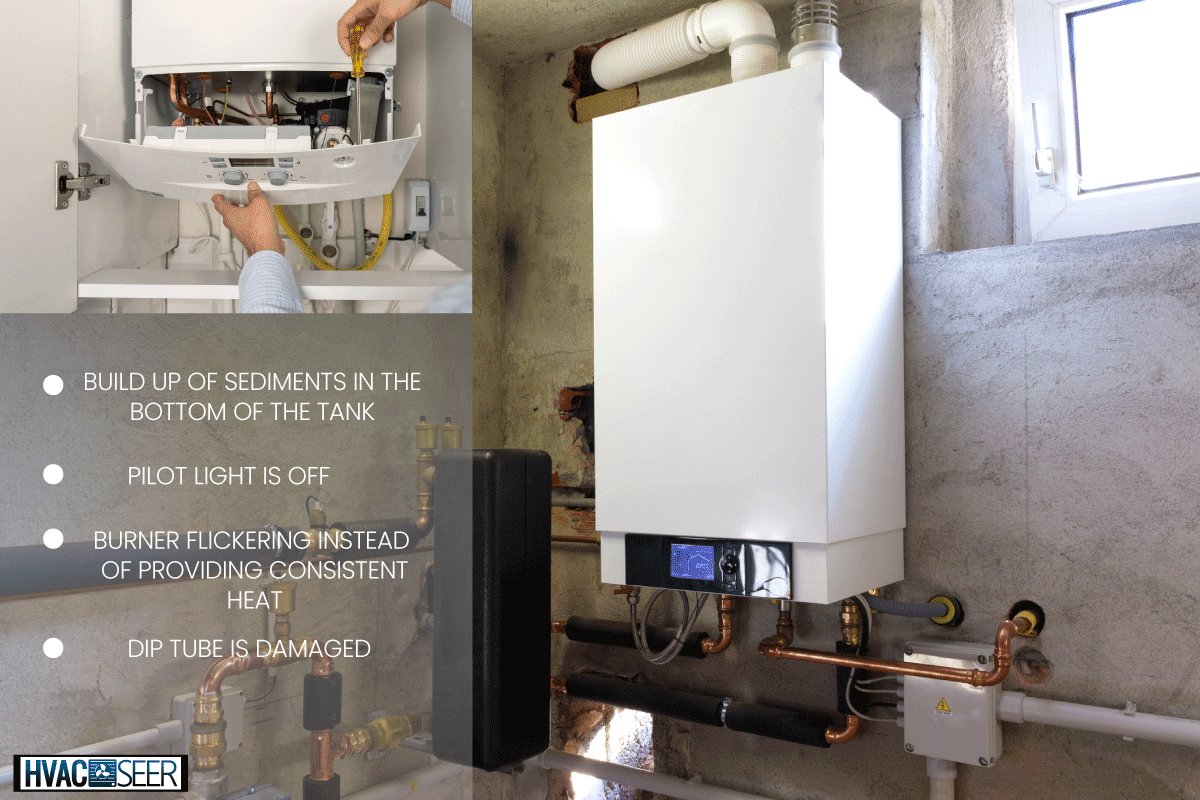
Why Is My Hot Water Not Working But My Cold Water Is?
There are four common reasons why your water might not heat up.
First, soil or minerals can build up at the bottom of the tank where the burner lies. If this happens, the water can not be heated since the sediment blocks the burner from heating the water. Washing off any sediment settled at the bottom of the tank should resolve this problem.
Second, the pilot light is ‘off.’ There are causes when it still doesn’t light after trying to ignite it. It can be that the gas has low pressure or the gas valve is off. Other reasons may be air in the gas line or a damaged thermocouple. If the pilot light can not ignite, the burner is the problem.
In contrast, the pilot light is ‘on,’ but it doesn’t work. The problem can be the thermocouple or gas valve, beside the pilot light. For these pilot light problems, call a repair person to replace damaged parts.
Third, the burner flickers or doesn’t have a steady flame. The burner can become clogged with debris. When that happens, the opening needs to be cleaned. Another problem that can cause this is a defective thermocouple, which will have to be replaced.
Fourth, the dip tube lets cold water flow to the bottom of the tank to be heated. A damaged dip tube releases cold water right back into the tank. The cold water then mixes with the hot water. What you get is cold or lukewarm water. Replacing the dip tube solves this issue.
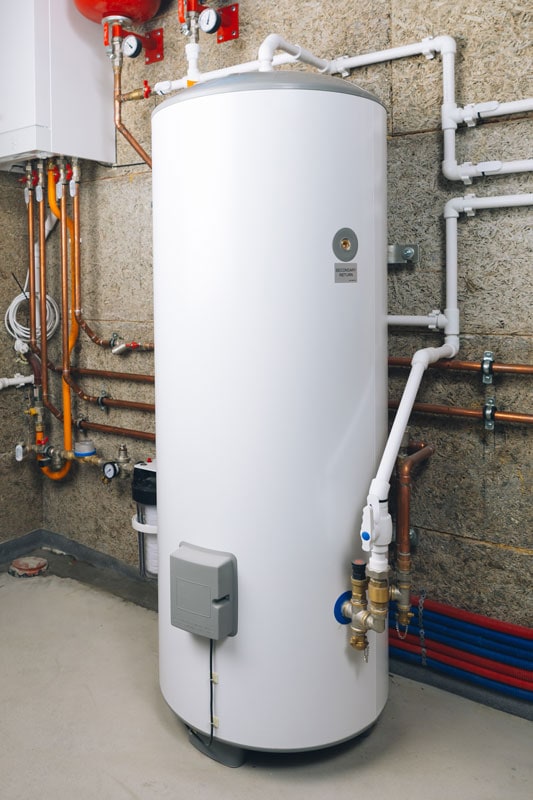
Why Is My Water Too Hot?
Cold water isn't the only problem you might have with your water heater. Sometimes the water may come out way too hot. Try lowering the temperature control to a cooler setting. If the water is still too hot after a few hours, the problem can be the temperature switch or relief valve.
This switch prevents water from overheating. On the other hand, the relief valve releases pressure from steam during heating. The switch may need to be replaced if resetting it doesn’t work. So does the valve if it is faulty.
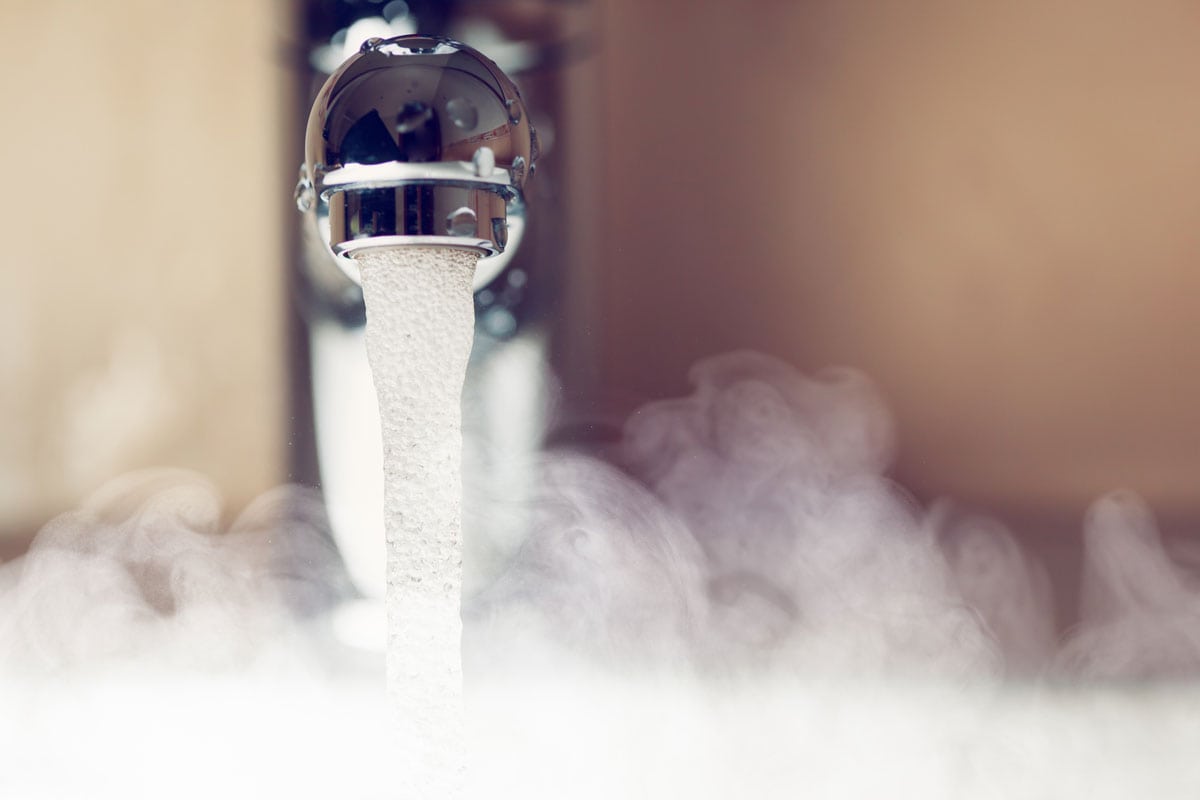
Why Is My Water Cloudy Or Dirty?
The water can be rusty-colored with or without dirt. Tanks are made of metal and they can corrode as time goes by. The rust can be the tank itself, an anode rod, or the pipes. If your tank is too corroded, you’ll have to buy a new one.
Additionally, you can find calcium and magnesium deposits in your tank. Like sediments, these can be brushed and flushed.
Why Is My Water Fould-Smelling?
Amoebas, bacteria, and fungi can thrive inside your water tank and pipes. They can make your water smell bad over time if they go unchecked. These harmful germs may also make you sick according to the CDC. Some can cause lung and skin infections.
The growth of these germs depends on the temperature. Crank up the temperature to 130-140 degrees Fahrenheit to kill them. Cleansing the tank with bleach helps, too. Another potential source of the bad smell is the anode rod which can be replaced.
Why Does My Water Heater Smell Like Rotten Eggs?
Different from smelly water, an odor of rotten eggs in the air means a gas or methane leak. Gas leaks in your home can pose a serious danger to you. Not only that, but it is also bad for the environment. According to a 2019 study, 58 million gas water heaters in the U.S. leak 91,000 tons of methane into the environment.
If there’s a leak, open all your windows and let the air circulate. You may be tempted to relight the pilot light. Be warned that it can cause an explosion with the built-up gas. It’s best to call a repair person or the gas company to fix it.
Why Is There A Sizzling Sound In My Water Heater?
Water leaks make a sizzling sound from condensation inside the tank. A faulty valve can cause a leak from the top. It can either be tightened when loose to seal the leak. Or it can be replaced if it’s defective.
A tank that leaks from the bottom can be due to sediment buildup and corrosion. Sealing or patching it up may not work. You may then need to replace your tank.
How Do You Troubleshoot A Gas Water Heater?
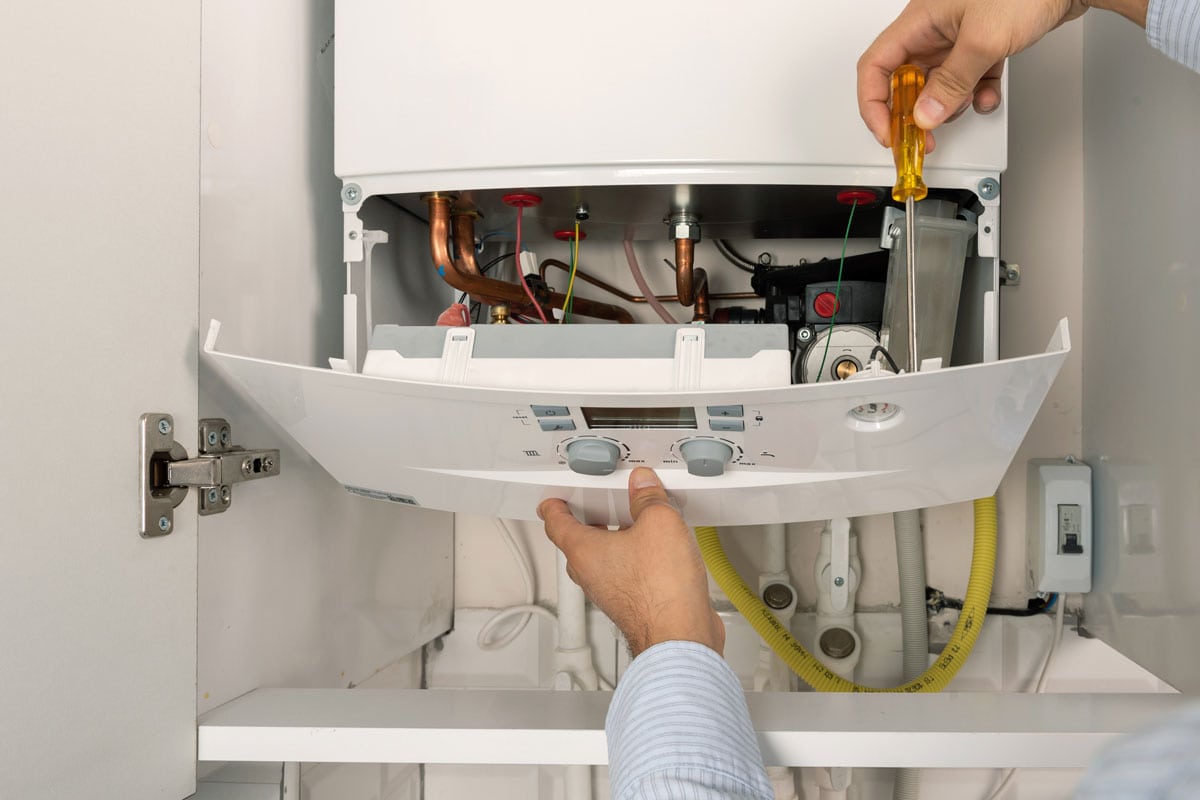
Here are the heater parts to check for potential problems, if you haven’t noticed any signs as discussed in the earlier section.
- Tank: Check for external leaks from top to bottom. Listen for unusual sounds. Peek inside for sediments and unusual colors or smells.
- Thermostat: Learn the manufacturer’s guide and check to see that the temperature is properly set.
- Thermocouple: You'll find this sensor between the gas valve and burner. If gas is not released to the burner then the water won’t heat up.
- Gas valve: It depends on the thermocouple’s go signal to release gas to the burner and pilot light. It can be the cause if there’s no pilot light or burner.
- Pilot light: Check if it turns on and off or if it ignites.
- Burner: Check if it lights and if the flame is steady.
How Do I Reset My Gas Water Heater?
For most gas water heaters, you just need to reset the pilot light.
- Turn the pilot dial to ‘off’ then let five minutes pass.
- Turn down the temperature and turn the pilot dial to ‘pilot.’
- Now press it down until you hear it click.
- Hold it and push the igniter button until the pilot relights.
- You can then release the Pilot dial when the light turns on.
- Turn dial from ‘pilot’ to ‘on.’
- Go back in and set your desired temperature.
There’s a thermal reset switch for newer models. It can be located above the thermostat that says ‘Reset.’ Some buttons may be concealed in a box and you have to unscrew the lid to get to it. Press the ‘Reset’ red button to restart it.
How Long Should A Gas Water Heater Last?
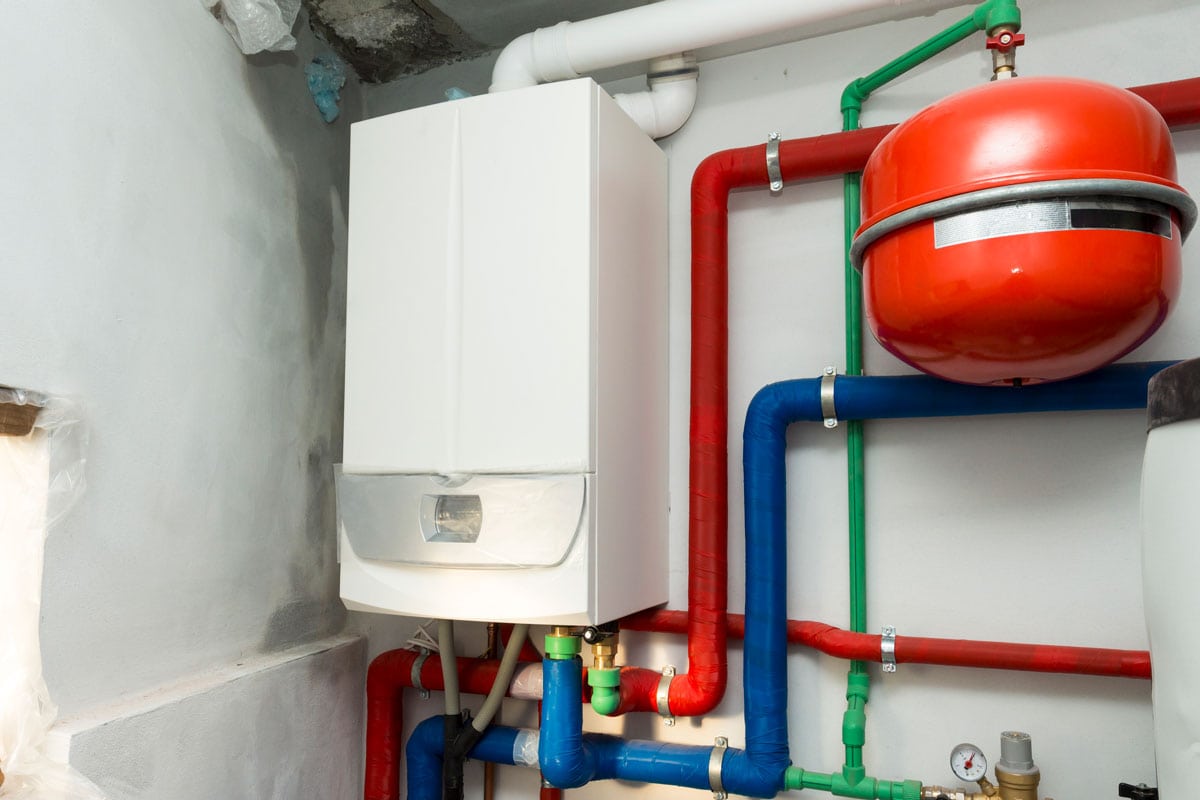
The longevity of your gas water heater depends on the manufacturer, maintenance, and usage. The life expectancy is usually 10 to 15 years. If it’s well-maintained, it can possibly reach the maximum lifespan.
At the same time, you’ll have to replace it if these problems persist:
- Cold water
- Rust
- Odd noises
- Leak
Most of these problems can be fixed when they are mild, but become more expensive as they worsen. You have to weigh the costs of repair and replacing parts over buying a new one.
Final Thoughts
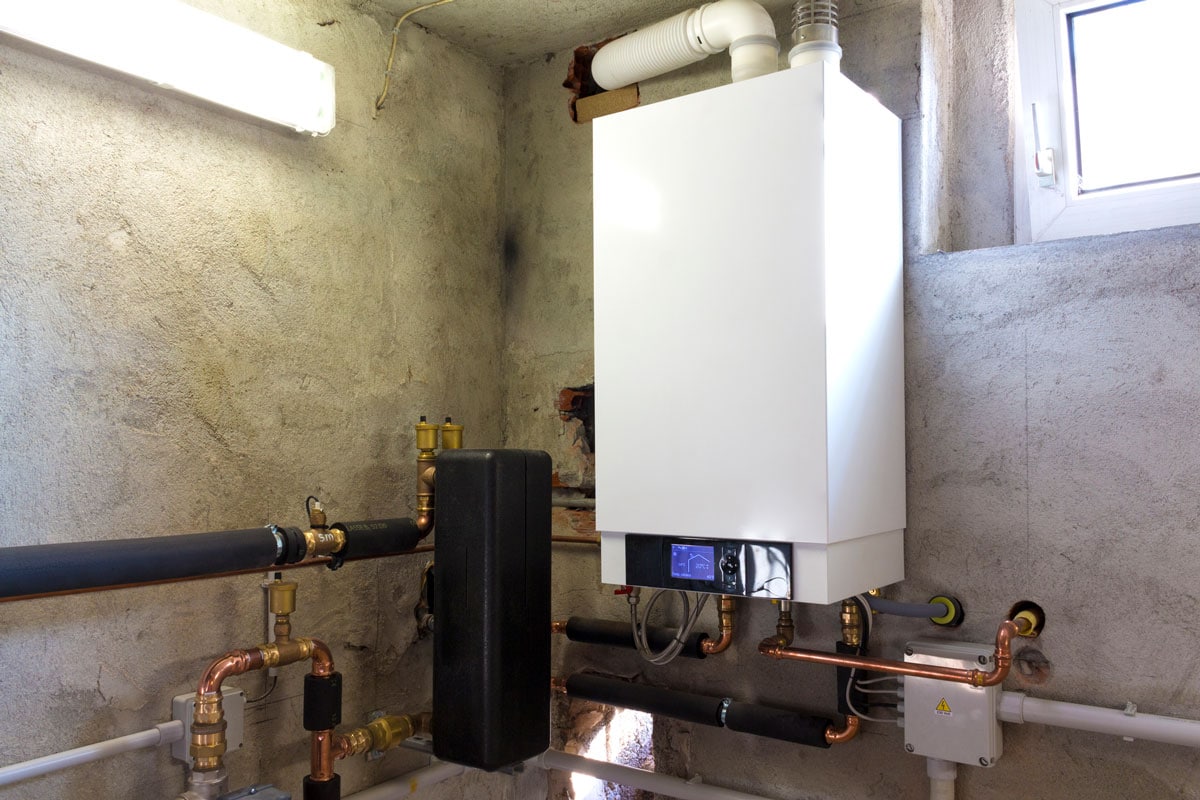
Like other systems, gas water heaters can develop problems over time. It’s important to be familiar with how it works. You can do quick fixes for simple problems and leave the rest of the major repairs to the experts. If you want your heater to last, make sure it’s well-maintained to cut your costs as well.
If you found this article helpful, be sure to check out these great posts:
